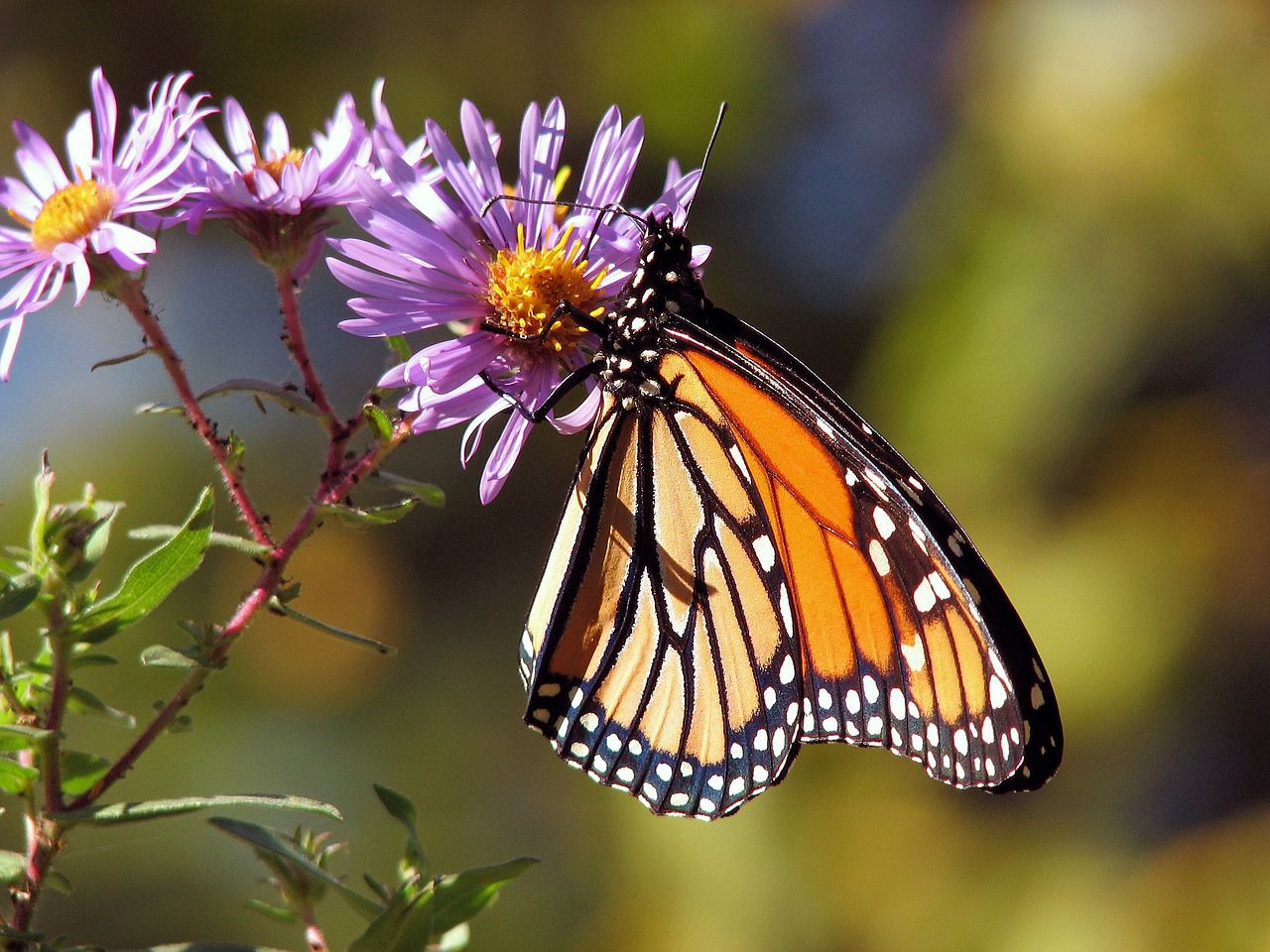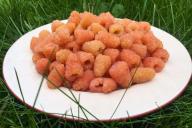Gardening is one of the healthiest and eco-friendliest hobbies you can enjoy - but there are still a few things you can improve.
To make gardening even more eco-friendly, you can make it waste-free and reduce plastic, and so much more!
There are a few more things you can do to make sure you don't harm the environment.

Choose more native plants
Just as you might select locally sourced and sustainable products, opt for native plants in your garden.
Native plants are adapted to the local environment, reducing the need for excessive water and pesticides.
Kitchen waste can be used as compost
Similar to recycling and reducing waste in your home, start a compost pile in your garden.
Composting kitchen scraps, leaves, and yard trimmings not only reduces landfill waste but also provides nutrient-rich compost for your garden.
Use just the right amount of water
Use water efficiently, just as you'd conserve water at home.
Install a rain barrel to collect rainwater for irrigation, and consider drip irrigation or soaker hoses to minimize water wastage.
Use natural mulch to improve your garden
Similar to insulating your home for energy efficiency, mulch your garden beds with organic materials like wood chips or straw.
Mulch conserves soil moisture, reduces weed growth, and maintains a stable temperature for plant roots.
Use seeds reasonably
Like reducing waste and reusing items at home, save seeds from your garden to plant in the next season.
This reduces the need for purchasing new seeds and promotes biodiversity.
Pollinators can help you
Encourage pollinators like bees and butterflies by planting native flowers.
Pollinators are essential for healthy ecosystems and productive gardens.
Using these tips, you can waste less resources and make your gardening more eco-friendly. Save nature effectively!












